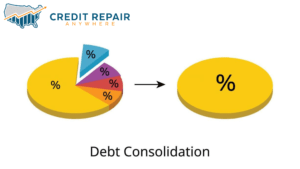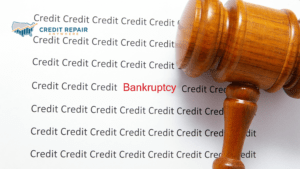How good credit gives benefits you?
1. Borrow money at a better interest rate for a good credit
Scores above 740 typically qualify for the lowest mortgage rates available. Higher credit scores also can get lower interest rates on car loans. Lenders also look at things like debt-to-income ratios, but in general, a good score and adequate disposable income position you well.
You can shoot for the highest credit score if you’d like, but it’s unlikely to get you anything more than a score that is merely excellent.
2. Qualify for the best credit card deals
A good credit history will help you qualify for the best credit cards, which include low interest rates, rewards and cash back. As well as helping you save money, these perks will encourage you to keep using your credit card — which can help your credit if you continue to pay on time and keep balances low compared to your credit limits.
A low- or no-interest credit card can also serve as a temporary emergency fund if the need arises, or it can allow you to take advantage of a business opportunity.
3. Get favorable terms on a new cell phone
Smartphones or cell phone upgrades can be expensive. But a good credit score may allow you to finance a phone at favorable terms that let you pay little or no interest. For example, under an offer available in late 2021, you could finance a new iPhone 13 at 0% interest — paying about $22 per month for 36 months — if you signed up for a service plan. Without good credit, you’d likely need to pay the phone’s $800 cost upfront or pay a higher interest rate if you qualified for financing.
4. Improve your chances of renting a home
Much like a potential lender, a landlord will want to check your payment track record by taking a look at your credit. This gives insight into how likely you are to pay your rent on time every month. If your record has too many negative marks, getting that dream apartment may be difficult. Even if you’re able to rent with bad credit, your landlord may charge a higher security deposit or request a co-signer on the lease.
5. Receive better car and home insurance rates
In order to predict potential losses on customers, some car insurance companies factor in credit-based scores when determining monthly premiums in states that allow this practice. You can’t be turned down altogether on the basis of credit, but you’re likely to pay higher premiums if your credit score is too low.
In most states, blemished credit can also make homeowners insurance and renters insurance more expensive.
6. Skip utility deposits
Before taking you on as a customer, a utility company might look at your credit report to get a sense of your payment history. If your credit history isn’t up to snuff, the utility company may require a deposit or ask for a letter of guarantee, in which a friend or family member agrees to pay your bill if you don’t.
7. Get a job for a good credit
In some states, employers can request your credit report as part of your job application. You will know if they do; your consent is required.
Because the effects of good credit gives you benefits can be felt in so many parts of your life, it’s important to do what you can to help your credit. Paying your bill on time is a big part of the recipe, as is keeping credit card balances to less than 30% of your credit limits, and lower is better.



